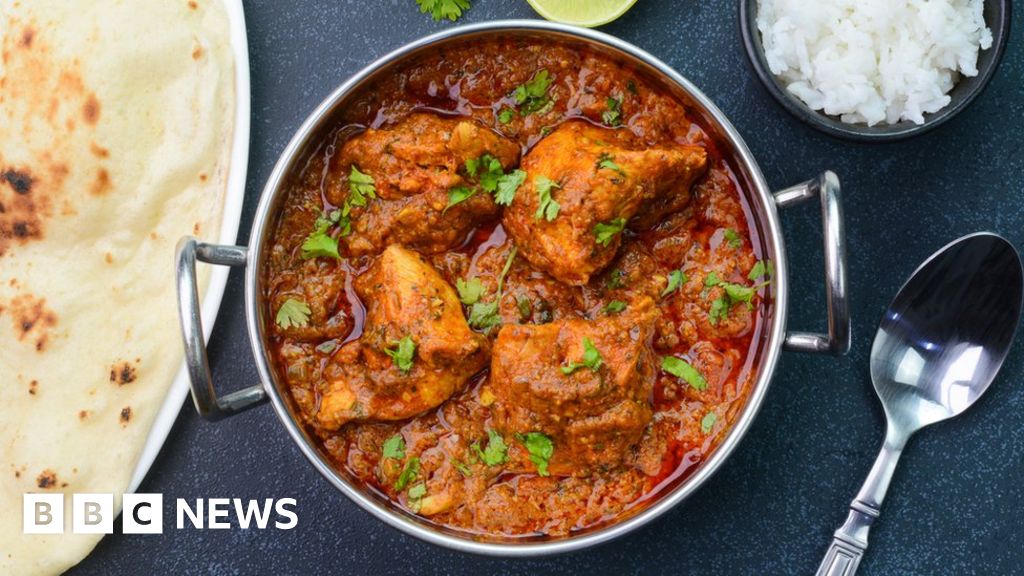Indian spice makers MDH and Everest have found themselves under the global scrutiny. Allegations of contamination in their products with rejections of shipments and bans in various countries.

Also Read: A 30 Year Study Reveals Ultra-Processed Foods Linked to Early Death
Since 2021, MDH has encountered hurdles in its exports to the United States with an average of 14.5% of its shipments rejected due to the presence of bacteria particularly salmonella.
Everest, on the other hand, has faced fewer rejections with an exceptional rejection rate of less than 1% in fiscal 2023-2024.
The bans imposed by Hong Kong and Singapore on certain spice blends from MDH and Everest highlight allegations of contamination.
Hong Kong suspended sales of three MDH spice blends and one from Everest, citing high levels of ethylene oxide, a cancer-causing pesticide.
Authorities in India, the United States, Australia, and other countries have launched investigations into the matter. The Food Safety and Standards Authority of India (FSSAI) has developed a new method to detect ethylene oxide in spices.
Regulators in India have inspected MDH and Everest plants, sending samples for testing to ascertain the quality standards.
These allegations are beyond India’s borders affecting markets in the United States, Australia, Singapore, Hong Kong, and even New Zealand.
MDH and Everest are not just any spice brands, they are synonymous with Indian cuisine both domestically and internationally. Their products are widely used in homes, restaurants, and culinary establishments worldwide.
Ethylene oxide is a chemical used as a disinfectant for spices but is known to have carcinogenic properties. Both MDH and Everest have denied the allegations asserting the safety of their products.
MDH has reassured consumers that it does not use ethylene oxide at any stage of its spice production process. Everest, too, has addresses its commitment to product safety and compliance with regulatory standards.
Also Read: France Reclaims World Record for Longest Baguette with 140.53 Meters
India’s dominance in the global spice trade is undisputed. With exports exceeding $4 billion annually to over 180 countries, and a domestic market valued at $10 billion, the subcontinent reigns supreme as both producer and consumer of spices.
Major exports include chilli powder, cumin, turmeric, cardamom, and mixed spice, among others, with China, the US, and Bangladesh ranking as the top importers.
MDH and Everest find themselves under threat following allegations of elevated levels of ethylene oxide, a cancer-causing pesticide in some of their products.
Singapore and Hong Kong have suspended sales of select spices, while the US Food and Drug Administration (FDA) is conducting investigations into the matter.
Since 2021, an average of 14.5% of US shipments of MDH spices were rejected due to bacterial presence, further exacerbating safety concerns.
MDH, a 105-year-old family-run firm based in Delhi, it has range of over 60 blended and ground spices, while Everest, founded 57 years ago, touts itself as India’s largest manufacturer of pure and blended spices.
With Bollywood superstars Amitabh Bachchan and Shah Rukh Khan as brand ambassadors, both companies have earned the trust of consumers both domestically and internationally.
Previous instances include the discovery of lead in food coloring used in popular spice blends and the recent seizure of adulterated spices by authorities in Gujarat.
The Indian government has directed state authorities to conduct quality tests, while the Spices Board and the Food Safety and Standards Authority of India (FSSAI) are actively testing samples.
The root cause of contamination remains unclear, with concerns ranging from post-harvest residues to inadequate sanitation standards.
Also Read: Russian Food Influencer Maxim Lyutyi Jailed for Starving Newborn Son to Death























